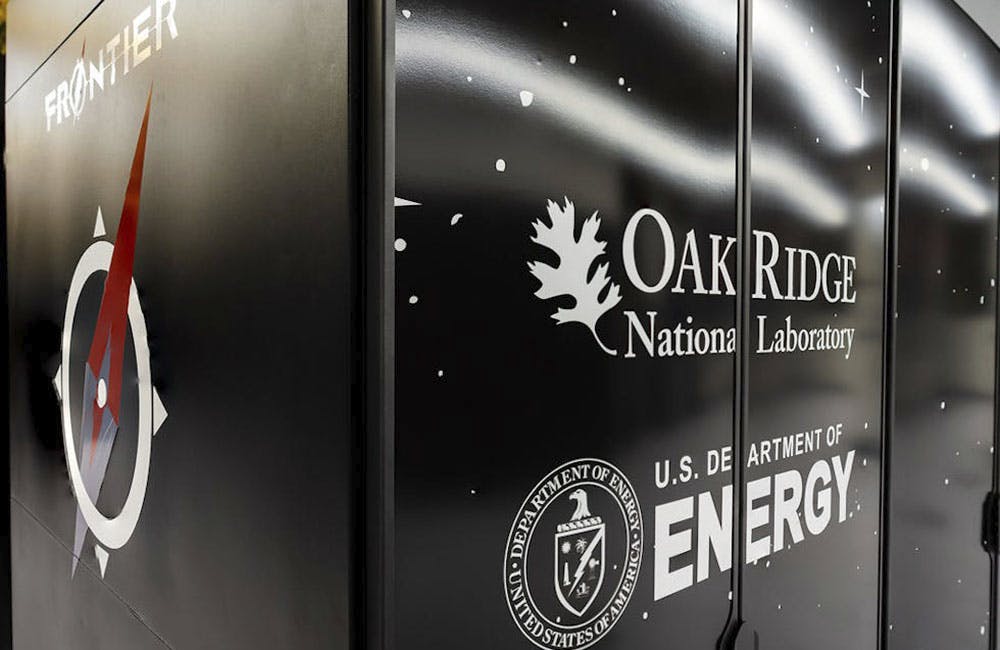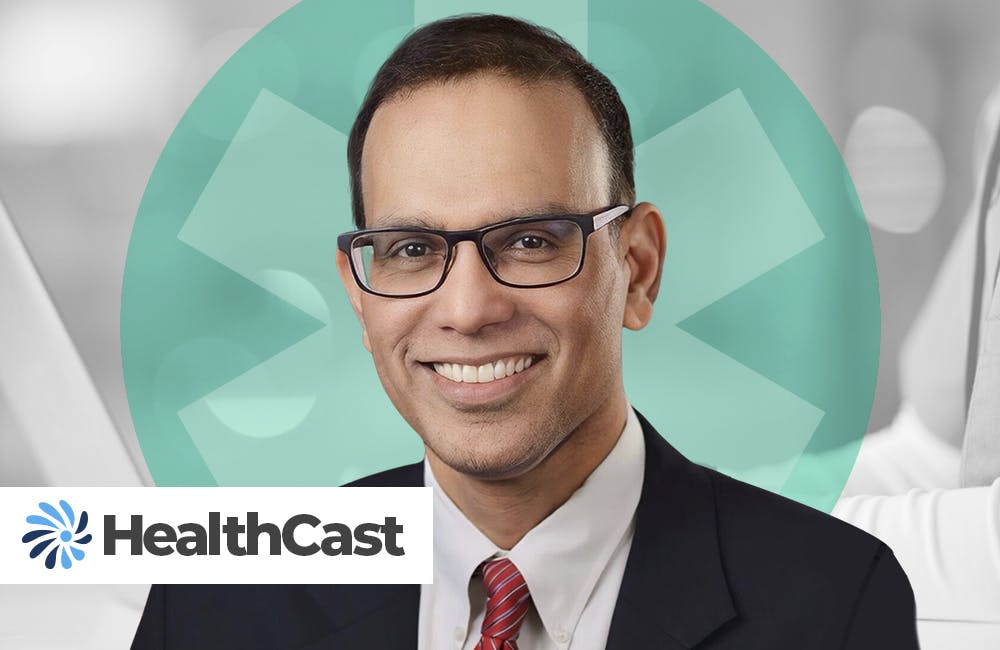VA Expands Health Record Sharing with Community Providers
A program with DOD helps bidirectionally share information with local partners.

As a new step within the agency’s broader electrical health records modernization program, the Department of Veterans Affairs has launched a new program for sharing health information with local providers who offer care for both active and retired servicemembers.
Focused on health data consolidation and continuity of care, the quick implementation of the Defense Department and Veterans Affairs health information exchange (HIE) was spurred in part by necessities imposed by the ongoing COVID-19 epidemic.
“The recent COVID-19 pandemic underlines the importance for clinicians on the front lines to quickly access a patient’s health record, regardless of where that patient previously received care,” said Dr. Neil Evans, interim director of the Federal Electronic Health Record Modernization program office.
VA leadership has spoken previously about the difficulties of transferring health information between VA and non-VA clinics, and how this remains one of the greatest barriers to improving patient outcomes. Resolving this will likely improve recovery and triage, particularly from a virus like COVID-19 that appears to produce particularly severe symptoms based on preceding risk factors like type 2 diabetes.
The exchange has debuted across VA and DOD care facilities along with all directly participating community partners. In addition, it has been designed to allow future interoperability expansion — particularly with the CommonWell care network, whose integration within HIE is scheduled for later this year.
Despite the heavy redirection of both Veterans Health Administration and broader VA resources to meet the demands of the COVID-19 epidemic, the implementation of HIE suggests the agency is moving forward with both its health records modernization program as well as its broader plans toward data integration and continuity of care.
Agency leaders say establishing a singular DOD-VA data continuity is especially vital for providing the best quality of veterans care, as certain conditions — both physical or psychological — accrued during service can remain even after a soldier’s retirement from the armed forces. Battlefield injuries can present complications that are particularly long-lasting, with the HIE positioned to grant VA physicians a more complete portrait of the veteran’s health history necessary for fostering recovery and diminishing longer-term health consequences.
VA representatives have spoken previously about the agency’s intent to embark on a broader program of data analytics concurrent with its consolidation of health records — particularly as relating to behavioral and mental health treatment. The debut of the HIE across both the DOD and VA may be especially useful for suicide prevention and opioid addiction treatment, as medical service records indicative of battlefield trauma may prove useful for proactively noting to VA caregivers which veterans might be under the kind of post-service psychological strain that predisposes servicemembers to addiction and personal distress.
As National Coordinator of the VA’s Opioid Overdose Education and Naloxone Distribution Elizabeth Oliva remarked during a prior interview with GovernmentCIO Media and Research, the agency is looking to embrace a model of suicide prevention and mental health counseling that reaches veterans before a point of serious distress to ensure they have the care resources they need to recover.
With the structural framework of the HIE now in place, it appears likely the VA’s still will involve moving forward with implementing these more proactive approaches to veterans care.
This is a carousel with manually rotating slides. Use Next and Previous buttons to navigate or jump to a slide with the slide dots
-

Energy Researchers Aim For Holistic Approach to AI Issues
A new center at the Oak Ridge National Laboratory is looking at under-researched areas of AI to better understand how to secure it.
2m read -

5 Predictions for AI in Government Technology
Federal agencies are setting plans in motion not only integrate artificial intelligence into their enterprises, but also ensuring the data and algorithms that power these systems are fair and ethical.
David Egts, field CTO for MuleSoft Global Public Sector at Salesforce, breaks down the five predictions he has for AI in 2024. Egts highlights ways government leaders can prepare their agency and workforce to innovate for resilience, augment teams with AI and automate predictive AI to augment generative AI.
-

How Agencies are Upskilling the Workforce in AI
Federal officials are putting in place new training and education methods to ensure its overall workforce understands the technology.
3m read -

Building Better Data Governance Across FDA
The agency is using emerging technology to tackle its data challenges.
19m listen








